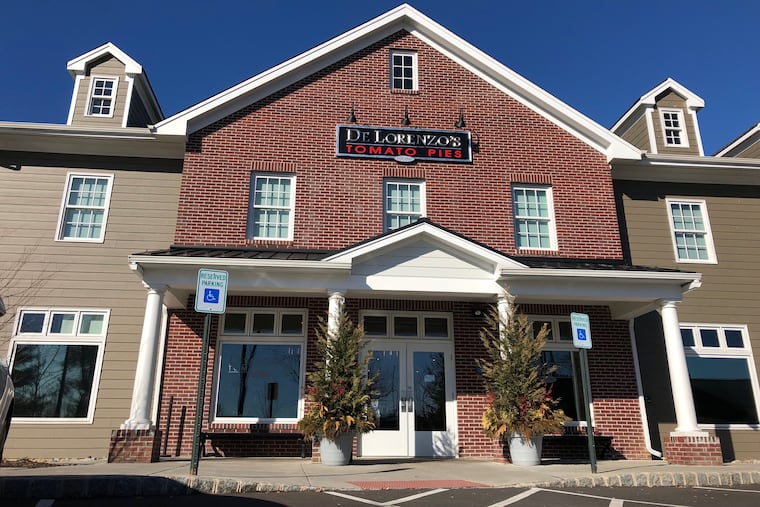Bucks County’s last dry town could start allowing alcohol sales thanks to a new state law
For seven decades, Lower Makefield Township has restricted the sale of alcohol. But a new Pennsylvania law that makes it easier to get a question on the ballot could help turn Bucks County’s only dry municipality wet.

For seven decades, Lower Makefield Township has restricted the sale of alcohol.
But a new Pennsylvania law that makes it easier to get a question on the ballot could help turn Bucks County’s only dry municipality wet.
In order for Lower Makefield — and almost 700 other dry or partially dry municipalities throughout Pennsylvania — to allow alcohol sales, local voters would have to authorize it in a referendum.
A state law that took effect in September makes the process much easier by changing the minimum number of registered voters’ signatures needed to trigger a referendum. Supporters of loosening Lower Makefield’s restrictions plan to use the law to get the question on the ballot for April’s presidential primary, for which voter turnout is expected to be high.
“Ultimately, it should be the choice of Lower Makefield Township as to whether this over 70-year-old law should be done away with,” State Sen. Steve Santarsiero (D., Bucks), who introduced legislation to lower the threshold, said during a news conference at DeLorenzo’s Tomato Pies, where patrons bring their own wine and beer. Santarsiero has lived in the township for more than 20 years and supports the change.
As of September, 681 municipalities in Pennsylvania were dry or partially dry, according to the state Liquor Control Board. That includes 21 municipalities in Chester County and 12 in Delaware County. Montgomery County doesn’t have any dry towns.
Previously, a referendum required signatures equal to 25% of the highest number of votes cast for any office in the previous municipal general election. That would mean 2,930 signatures in Lower Makefield. The new law allows for either 25% of the highest vote count or a flat 500 signatures, whichever is fewer.
Since a town vote in 1949, the township of roughly 32,600 people has banned the retail sale of beer and liquor.
Residents and businesses in Lower Makefield have talked about getting rid of the ban for at least a decade, said John Lewis, a township supervisor. Residents have told him they want the convenience of grabbing beer at a local grocery store, and businesses want the ability to vie for some of the county’s existing liquor licenses and bring in additional revenue. The township could attract new restaurants and pubs, and grocery stores could compete with those in neighboring towns, Lewis said.
Previous attempts to get the alcohol sales question onto the ballot failed. A few years ago, supporters collected a couple thousand signatures, but they needed more than 5,000 under the old rule.
Supporters have three weeks starting Jan. 28 to collect 500 signatures.
In 2017, the year after the state loosened some of its liquor laws, the head of the Pennsylvania Food Merchants Association said he expected to see an increase in ballot questions asking residents to get rid of restrictions on alcohol sales.
But since then, only a few municipalities have loosened their rules.
State Rep. Perry Warren (D., Bucks) introduced legislation to lower the signature threshold, even though he said he doesn’t drink and doesn’t live in Lower Makefield, because he wanted to make getting the question on the ballot less cumbersome and costly.
“I want what the people want,” he said.
If the referendum qualifies and is passed, the Lower Makefield supervisors would need to approve the transfer of each liquor license into the township, which they have said they would do.